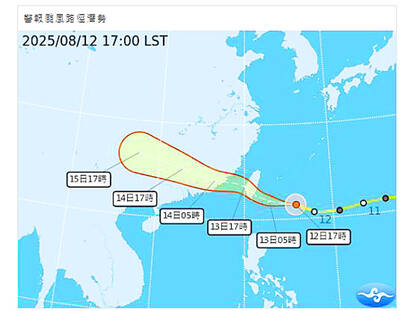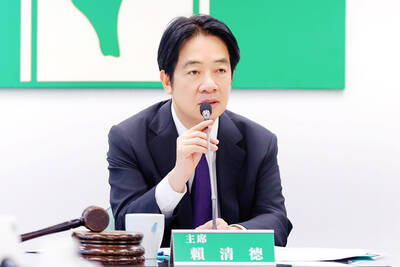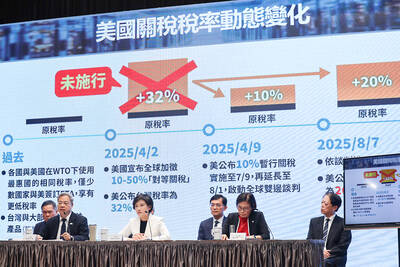Iraq will reopen the notorious Abu Ghraib prison next month, but it’s getting a facelift and a new name, a senior justice official said.
The heavily fortified compound has come to symbolize US abuse of some prisoners captured in Iraq after photos were released showing US soldiers sexually humiliating inmates at the facility. The scandal stoked support for the insurgency and was one of the biggest setbacks to the US military effort to win the peace in Iraq.
The renovated facility will be called Baghdad’s Central Prison because the name Abu Ghraib has left a “bitter feeling inside Iraqis’ hearts,” Deputy Justice Minister Busho Ibrahim said on Saturday.
Abu Ghraib, which was a torture center under former Iraqi president Saddam Hussein, has been closed since 2006.
The prison will house 3,500 inmates when it reopens in the middle of next month and will have a capacity for about 15,000 by the end of this year, Ibrahim said in a telephone interview.
The announcement comes as the US military has begun handing over about 15,000 detainees in its custody to the Iraqis under a new security agreement, prompting concern about Iraq’s judicial system. The UN warned in a recent human rights report about overcrowding and “grave human rights violations” of detainees in Iraqi custody.
“We have crowded prisons and the opening of Baghdad’s Central Prison will help ease the problem,” Ibrahim said, adding that the facility would be run according to international standards.
Meanwhile, Iraqi Prime Minister Nouri al-Maliki said yesterday that sectarianism was behind “the destruction of the country” and that Iraqis need to tackle the roots of the problem. He said Iraqis must focus on rebuilding efforts.

GET TO SAFETY: Authorities were scrambling to evacuate nearly 700 people in Hualien County to prepare for overflow from a natural dam formed by a previous typhoon Typhoon Podul yesterday intensified and accelerated as it neared Taiwan, with the impact expected to be felt overnight, the Central Weather Administration (CWA) said, while the Directorate-General of Personnel Administration announced that schools and government offices in most areas of southern and eastern Taiwan would be closed today. The affected regions are Tainan, Kaohsiung and Chiayi City, and Yunlin, Chiayi, Pingtung, Hualien and Taitung counties, as well as the outlying Penghu County. As of 10pm last night, the storm was about 370km east-southeast of Taitung County, moving west-northwest at 27kph, CWA data showed. With a radius of 120km, Podul is carrying maximum sustained

Tropical Storm Podul strengthened into a typhoon at 8pm yesterday, the Central Weather Administration (CWA) said, with a sea warning to be issued late last night or early this morning. As of 8pm, the typhoon was 1,020km east of Oluanpi (鵝鑾鼻), Taiwan’s southernmost tip, moving west at 23kph. The storm carried maximum sustained winds of 119kph and gusts reaching 155kph, the CWA said. Based on the tropical storm’s trajectory, a land warning could be issued any time from midday today, it added. CWA forecaster Chang Chun-yao (張竣堯) said Podul is a fast-moving storm that is forecast to bring its heaviest rainfall and strongest

President William Lai (賴清德) yesterday criticized the nuclear energy referendum scheduled for Saturday next week, saying that holding the plebiscite before the government can conduct safety evaluations is a denial of the public’s right to make informed decisions. Lai, who is also the chairman of the Democratic Progressive Party (DPP), made the comments at the party’s Central Standing Committee meeting at its headquarters in Taipei. ‘NO’ “I will go to the ballot box on Saturday next week to cast a ‘no’ vote, as we all should do,” he said as he called on the public to reject the proposition to reactivate the decommissioned

TALKS CONTINUE: Although an agreement has not been reached with Washington, lowering the tariff from 32 percent to 20 percent is still progress, the vice premier said Taiwan would strive for a better US tariff rate in negotiations, with the goal being not just lowering the current 20-percent tariff rate, but also securing an exemption from tariff stacking, Vice Premier Cheng Li-chiun (鄭麗君) said yesterday. Cheng made the remarks at a news conference at the Executive Yuan explaining the new US tariffs and the government’s plans for supporting affected industries. US President Donald Trump on July 31 announced a new tariff rate of 20 percent on Taiwan’s exports to the US starting on Thursday last week, and the Office of Trade Negotiations on Friday confirmed that it